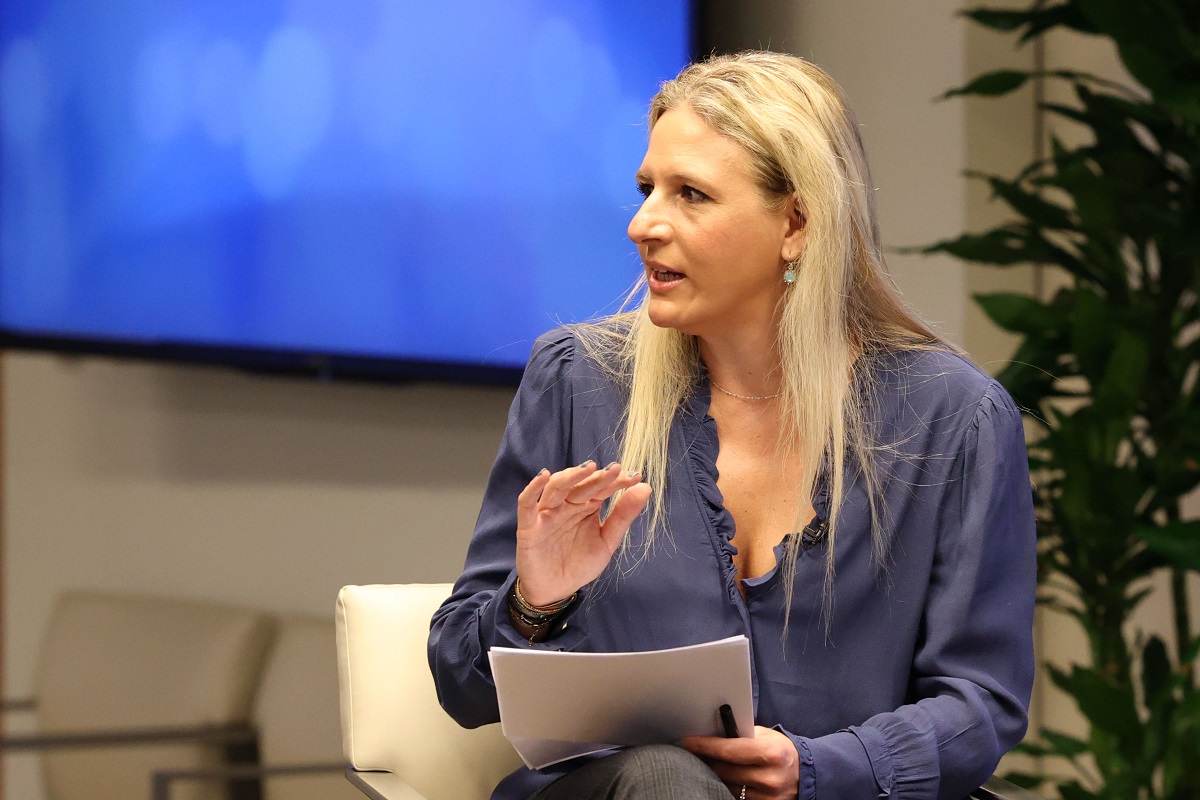Recommended

Event
Fourth industrial revolution rhetoric aside, many developing countries are still struggling to take full advantage of digital technology. This was one of the final challenges that Benno Ndulu—former governor of the Reserve Bank of Tanzania, visiting scholar at Oxford, and a non-resident fellow at CGD—was tackling when he passed away.
Our new book, Driving Digital Transformation, is an account of his and our attempt to support seven countries in sub-Saharan Africa and Asia in their efforts to do so. It also stands as a dedication to Benno and his life and work (not the first of course: read this wonderful tribute to him by Masood Ahmed). Although he didn’t hold the pen, listing him as lead author is anything but artistic licence as the Digital Economy Kit which the book describes was his brainchild.
In fact, it would be more accurate to say that the book describes not the Kit itself, but what happened when we partnered with governments to use it, in a bid to support them as they figured out their digital comparative advantage and a prioritised strategy to get started. It’s a tale of politics and vested interests on one hand, but also committed policy entrepreneurs doggedly trying to make a difference on the other. And as well as setting out lessons learned along the way—which we hope will be of use to other bureaucrats in similar contexts—we also tackle the wider issue of what outsiders can and should do to assist in development processes.
We undoubtedly got things wrong. We try to honestly and self-critically asses this in the book in as clear-eyed a fashion as is possible (one person in the writing team was not part of the Digital Economy Kit, and he held our feet to the fire, ensuring that we didn’t write with a rose-tinted pen). In two countries we badly misjudged the politics, for example.
So what are the takeaways we’d offer to governments who might be interested in using the Kit—or any other process—to kick-start digital transformation? The primary one is that a couple of preconditions should be in place before attempts at whole-of-economy digital reform are made. If they’re not, it’s probably not the right time, although sectoral attempts may still be useful. These preconditions are demand, and sufficient capacity and intent to implement; and the presence of one or more champions.
The demand point is self-explanatory—other than adding that it should be genuinely domestically derived, and not something pushed by a donor. In the countries where we worked, Prime Minister Abiy in Ethiopia had made digital transformation a central ambition of his administration; Bangladesh had formulated a Digital Bangladesh Strategy back in 2009; and in South Africa, President Ramaphosa established a Presidential Commission on the Fourth Industrial Revolution, although it wasn’t delivering all that it might.
In a country we decide not to name in the book (so that we can be honest about what happened without causing embarrassment), what appeared to be demand—the president had appointed his own digital envoy—actually ran pretty thin and fell afoul of turf wars. The Kit, as a consequence, will probably yield little of lasting consequence in this country.
Indeed there’s a huge gap between theoretical intent to implement, and actually doing so. At the highest level, governments may say they want digital transformation, but that is quite different from extending that political will to lower ranks of the civil service—to the bureaucrats on whom implementation will fall—and it presupposes a sustained appetite and capacity to do so. If political capital is not deployed on this from the start, we’d suggest that it's not likely to succeed.
Next, a champion. In Lesotho, it was the central bank governor, together with a senior economic advisor to the prime minister (who, with lovely symmetry, is now himself governor of the Central Bank of Lesotho) who pushed for the Kit, and continues to promote its results even after a change in administration. His (poetic) passion for digital transformation runs throughout the book. In Mongolia, the champion was a smart Oxford graduate, who returned home and worked with incredible dexterity to navigate domestic bureaucratic politics to promote the Kit. She was so successful in doing so that a new Ministry of Digital Development was established and she was named its vice minister (before she was hounded out of the role—but that’s another story).
The other main lesson for governments is that the process of designing the digital strategy is as important as its outcome, precisely because the latter is a function of the former. Holding multi-stakeholder discussions, fully discussing and debating entrenched positions or just misunderstandings (the taxi drivers in Mongolia who stand to lose business from Uber-type services; the Central Bank of Ethiopia which almost outlawed digital financial transaction), and building a loose coalition of people who broadly believe they have something to lose by digital transformation not being persuaded, is as valuable as any outcome document.
And for outsiders? Here the lessons can be boiled down into one: work with someone like Benno: a trusted insider with experience of making policy in a similar context.
The fundamental idea of the Kit was for outsiders to gather people together inside the system to support the development of a view. Myriam Said, the lead government partner in Ethiopia, explains in the book that that having Benno, a former senior East African official, in the team was essential. Without him the prime minister and finance ministers would not have trusted the process.
In Bangladesh, we worked with the former head of the civil service, and good job too: he needed to intervene to resolve a conflict which could otherwise have sunk the project. Such an éminence grise can help read (and stimulate) demand from the country, lend the work legitimacy, and help get access to the right set of people inside (and outside) government—an alliance that may be able to overcome the challenges of bureaucratic politics to deliver something large. It is not so much a matter of picking the right issue but identifying the right people.
Sensible people can disagree as to the outcomes of the Kit. An optimist would point to achievements: a strategy signed off by the Cabinet in Ethiopia; outcomes enshrined in policy and continued efforts on implementation in Lesotho, for instance. A pessimist would say that change was already coming and the Kit only nudged at the margins, if at all, and that any coalitions for change that emerged during the Kit process are not likely to last. Both can be correct, but we come down on the side that the Kit was worthwhile for the countries, as the book explains.
It’s rare to work hand-in-glove with a small number of committed officials and local partners without, for the most part, the usual paraphernalia of development projects. We were a small team, working quickly and with minimal need to fill in log frames. We were extremely fortunate to have a ring-side seat on policymaking in action: our aim is that the reader has the sense of joining us there.
Join us April 12 at 10am ET at CGD’s DC office or online for a discussion of Driving Digital Transformation in memoriam of Benno Ndulu. You can register for the event here.
Disclaimer
CGD blog posts reflect the views of the authors, drawing on prior research and experience in their areas of expertise. CGD is a nonpartisan, independent organization and does not take institutional positions.
Image credit for social media/web: Adobe Stock





